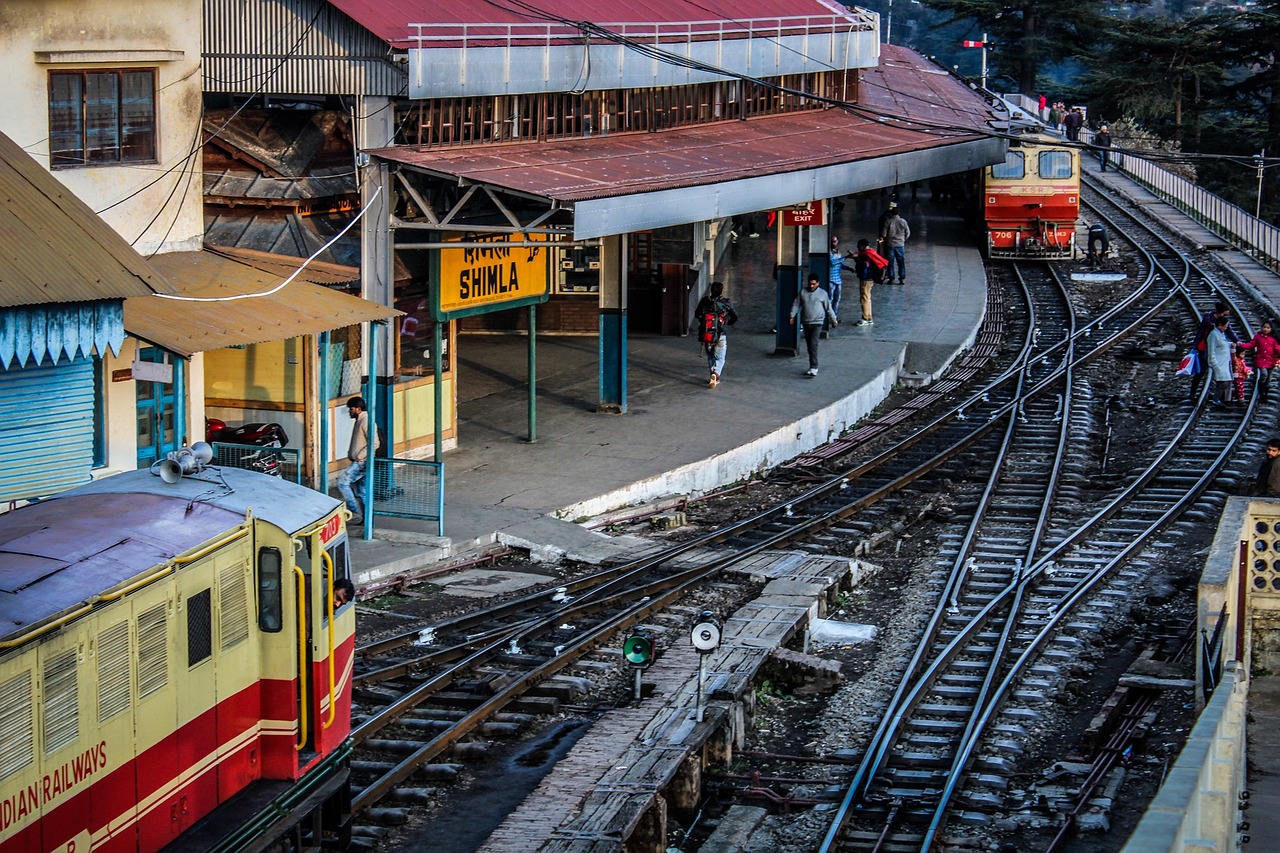Essential Travel Advice for India

Navigate India's public transport system including trains, buses, and auto-rickshaws with confidence.
The Indian Railways is one of the world's largest rail networks, connecting virtually every corner of the country. Trains are an economical and scenic way to travel, offering various classes from budget-friendly sleeper coaches to luxury AC compartments.
Book tickets in advance through the IRCTC website or app. Popular routes fill up quickly, especially during holidays. Consider overnight trains to save on accommodation costs. Bring your own food and water, though vendors sell snacks at stations.
India has an extensive bus network operated by state governments and private companies. Buses reach areas not connected by rail and are often cheaper than trains.
For long distances, choose AC sleeper buses for comfort. Book tickets online through platforms like RedBus or at bus stations. Government buses are cheaper but may be less comfortable than private operators. Always keep your belongings secure and arrive early to find your seat.
Auto rickshaws (tuk-tuks) are perfect for short distances within cities. They're cheaper than taxis but require negotiation skills. Always agree on the fare before starting your journey, or insist on using the meter.
In some cities like Mumbai and Delhi, app-based services like Ola and Uber offer auto rickshaw bookings with fixed fares. Keep small change handy as drivers often claim they don't have change for large bills.
Major cities like Delhi, Mumbai, Bangalore, and Kolkata have modern metro systems that are clean, efficient, and air-conditioned. They're the fastest way to navigate these cities during peak hours.
Purchase smart cards or tokens at metro stations. Follow security procedures including bag checks. Women have reserved coaches during certain hours. Metro maps and announcements are in English and local languages.
Keep your belongings secure and within sight at all times. Avoid displaying expensive items like jewelry or electronics. Be cautious of overly friendly strangers offering help.
Women should use ladies' compartments in trains and metros when available. Travel during daylight hours when possible. Keep emergency contacts and your accommodation address written down. Trust your instincts - if something feels wrong, find alternative transport.